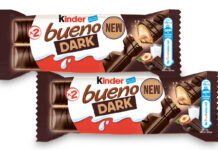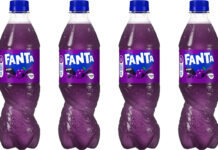Convenience store retailers face taxing times due to UK Treasury shake-up

CONVENIENCE channel leaders have warned of the negative impact changes to alcohol duty rates will have.
The UK Treasury introduced a major overhaul at the start of August, with a 10.1% rise in booze taxes overall.
The shake-up means tax is being levied according to a drink’s strength. Those with an ABV below 3.5% are now taxed at a lower rate, but drinks with an ABV over 8.5% are taxed at the same rate.
The Wine and Spirits Trade Association (WSTA) reckons this means a standard 12% ABV 75cl bottle of sparkling wine will now be 19p cheaper and an RTD gin and tonic will see a 5p cut.
But tax on a 12% ABV bottle of still wine will rise by 44p and 98p on wine with 15% ABV.
The WSTA says a 70cl bottle of 37.5% ABV vodka faces a 76p tax hike, a 15% ABV 75cl bottle of sherry will go up by 97p and a 75cl bottle of 20% ABV port will see £1.30 added in tax.

Scottish Grocers’ Federation chief exec Pete Cheema said: “Retailers already face a cost-of-doing-business crisis due to the challenging trading environment, with rising energy, fuel and supply chain costs, to name but a few issues.
“Hard-pressed consumers are dealing with a cost-of-living crisis characterised by the likes of rising rents and mortgage payments that are diluting household budgets and reducing spend in-store.”
Cheema urged the government to stop piling further pressure on small local businesses and consumers through such tax changes.
The Fed national vice-president Mo Razzaq, meanwhile, highlighted the likely impact the soaring taxes would have on in-store crime.
He said: “The 10.1% hike is of real concern to Fed members. It will cause an increase in shop crime as people with alcohol abuse issues will steal the alcohol if they cannot afford it.
“This makes our call for governments to give grants to small businesses to beef up their security systems even more vital.”
The WSTA said Westminster had chosen to “impose more inflationary misery on consumers”.
The overhaul of alcohol excise is being introduced in two stages, with a second adjustment coming in February 2025, which will apply a full sliding scale of tax levels according to alcohol content.






















